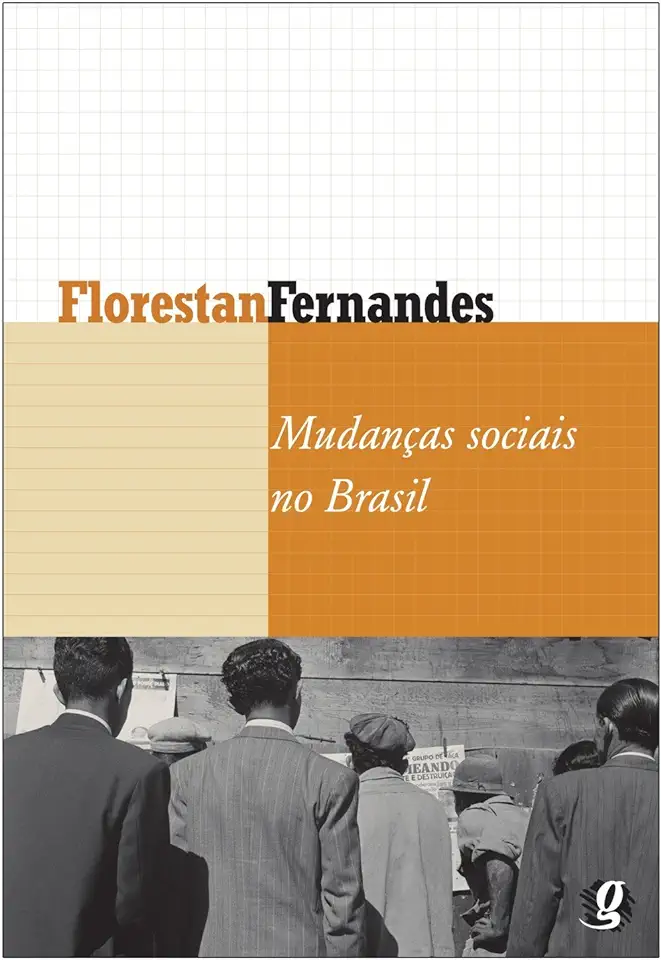
Social Changes in Brazil - Florestan Fernandes
Social Changes in Brazil: A Classic Work on Brazilian Society
Florestan Fernandes' Social Changes in Brazil is a seminal work in the field of Brazilian sociology. First published in 1960, the book provides a comprehensive analysis of the social, economic, and political changes that have shaped Brazilian society from the colonial period to the mid-twentieth century. Fernandes argues that Brazil's unique history and culture have produced a society that is both highly stratified and highly dynamic, with a complex interplay of traditional and modern elements.
A Comprehensive Analysis of Brazilian Society
Social Changes in Brazil is a comprehensive and detailed study of Brazilian society. Fernandes draws on a wide range of sources, including historical documents, statistical data, and ethnographic studies, to provide a nuanced and insightful analysis of the country's social structure, economic system, and political institutions. He also examines the role of race, class, and gender in shaping Brazilian society, and explores the impact of globalization and modernization on the country's social fabric.
A Classic Work of Brazilian Sociology
Social Changes in Brazil is considered a classic work of Brazilian sociology. It is widely read and cited by scholars and policymakers alike, and has had a profound impact on the understanding of Brazilian society. Fernandes' analysis of the country's social structure, economic system, and political institutions is still relevant today, and his insights into the role of race, class, and gender in shaping Brazilian society are essential for understanding the country's complex social dynamics.
A Must-Read for Anyone Interested in Brazil
Social Changes in Brazil is a must-read for anyone interested in Brazil. It is a comprehensive and insightful analysis of the country's social, economic, and political changes, and provides a deep understanding of the complex forces that have shaped Brazilian society. Fernandes' work is essential for scholars, policymakers, and anyone else who wants to understand Brazil's past, present, and future.
Key Themes in Social Changes in Brazil
- Social stratification: Fernandes argues that Brazilian society is highly stratified, with a small elite at the top and a large mass of poor at the bottom. He identifies race, class, and gender as the main factors that determine an individual's position in the social hierarchy.
- Economic development: Fernandes examines the process of economic development in Brazil, and argues that it has been uneven and unbalanced. He identifies the concentration of wealth in the hands of a few individuals and the exploitation of the working class as major obstacles to economic development.
- Political institutions: Fernandes analyzes the political institutions of Brazil, and argues that they are not representative of the interests of the majority of the population. He identifies the military, the bureaucracy, and the landed elite as the main groups that control political power.
- Race, class, and gender: Fernandes explores the role of race, class, and gender in shaping Brazilian society. He argues that these factors intersect to create a complex system of social inequality. He also examines the impact of globalization and modernization on the country's social fabric.
Conclusion
Social Changes in Brazil is a classic work of Brazilian sociology that provides a comprehensive and insightful analysis of the country's social, economic, and political changes. Fernandes' work is essential for scholars, policymakers, and anyone else who wants to understand Brazil's past, present, and future.